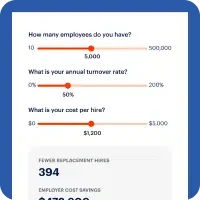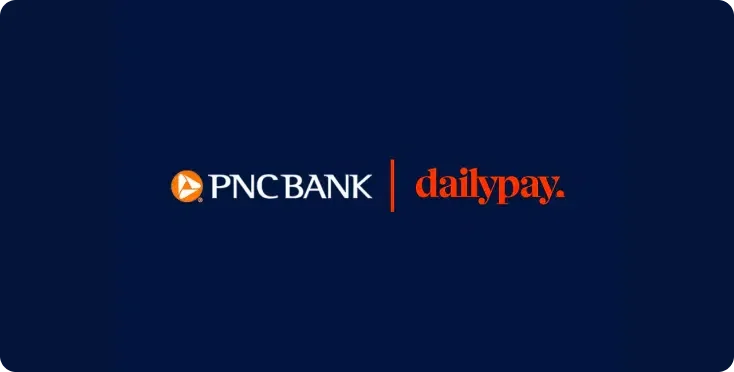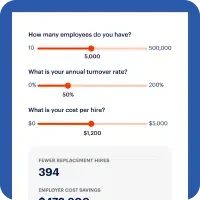How well do Americans manage money?
A recent Prudential report stated that 63% of Americans do not have a “rainy day fund” large enough to cover an unexpected expense of $500. And, 78% of people who participated in the Prudential survey said they don’t feel financially secure.
This data doesn’t necessarily prove that Americans are largely underpaid. By shifting the lenses, you can see the problem lies in Americans’ ability to properly manage their assets.
The idea of financial wellness programs in the workplace is relatively new. Financial stresses are a grey area for employers because they often feel pressure to address wages if employees voice concerns about their financial wellness.
But, we need to get away from that thinking.
Rather, financial wellness programs should aim to educate employees about overcoming personal finance challenges, learn how to reduce debt, what it means to spend responsibly, and provide tools to help reach financial freedom.
How much does financial mismanagement impact your employees?
Financial issues can manifest into stress. The Society for Human Resource Management (SHRM)’s 2016 Employee Benefits survey reported:
- 52 percent of workers overall feel stress about their finances.
- 46 percent of workers spend three or more hours during the workweek dealing with or thinking about financial issues.
- 45 percent said their finance-related stress had increased over the last 12 months.
By connecting the dots, we can see a clear correlation between financial hardships and stress. A less obvious perception of the data is how it relates to workplace behavior. Are your employees able to leave their stress at home?
Why should employers care about financial wellness?
Living with financial stress erodes positivity, confidence and physical health. These interpersonal issues don’t go away when someone leaves their home – they are constantly burdening your employees.
You can expect these stresses to translate into problems at work that directly impact your bottom line:
Lost productivity
Personal matters tend to take precedence over workplace needs. If your workers are thinking about their financial issues while they are at work, it’s unrealistic to think they are being as productive as possible. A report by Health Advocate found that stress negatively impacts the economy by $300 billion each year.
Increased health-care costs or workers comp
If employees aren’t focused on their work, it can be dangerous, especially if your workers use tools or machinery throughout the day. The same Health Advocate study shows that 60% to 80% of workplace accidents result from stress.
Without a singular focus on the task at hand, your employees could be at risk of workplace injuries.
Increased absenteeism
DailyPay recently partnered with Reliable Transportation LLC, to address their absenteeism problem. Some of their employees were showing signs of decreased engagement that began resulting in unplanned absenteeism.
To solve the problem, Reliable Transportation started offering the on-demand payment solution DailyPay as a financial wellness program.
DailyPay allows drivers to have better insight into the math behind their paychecks. Each time they log into their DailyPay dashboard they can see how much money they earn in one day. This also means they knew what it meant for their personal bottom line when they missed a day. Additionally, employees at Reliable Transportation were able to withdraw their earned income as soon as they were made available. This flexibility helped boost engagement.
Building loyalty
Beyond lost productivity or increased costs, lending a helping hand to employees who need financial assistance shows that you are concerned about your employee’s overall well-being. This helps cultivate a stronger work atmosphere.
Additional Reading: HOW FINANCIAL WELLNESS IMPROVES EMPLOYEE ENGAGEMENT
How can you set up a financial wellness program?
Setting up a wellness program does not need to be difficult.
Some companies use a hands-on approach like:
- Arranging online courses
- Hiring a financial coach to teach in-person courses
- Providing one-on-one education
Obviously, the more customized you make your wellness programs the more expensive it will be for your company.
As you ease into establishing financial wellness options for your employees consider a free approach.
DailyPay can help your employees learn about their paycheck on a granular level. We also provide a financial tip every time a transaction has processed. DailyPay can also help bridge the gap between paydays should an unexpected emergency arise.
The more tools you can provide for your employees, the stronger the foundation for financial literacy.
{{cta(‘fbbe2fe3-211b-4e51-92c3-d1141e803b8a’,’justifycenter’)}}













